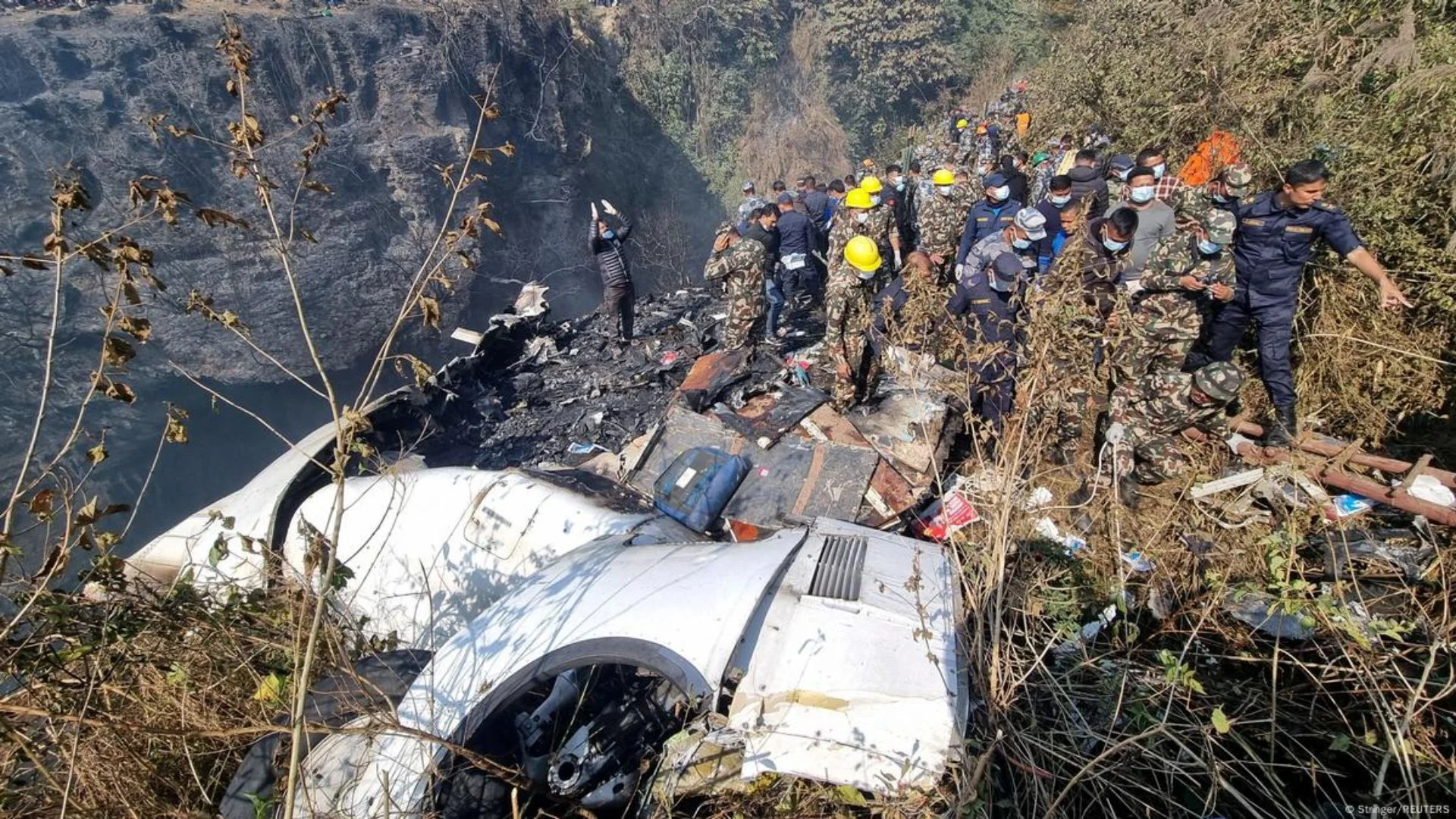In a groundbreaking judgment on Wednesday, the Supreme Court issued its first-ever guidelines to prevent arbitrary demolitions by state authorities, asserting that citizens’ voices cannot be “throttled by a threat of destroying their properties.” Led by Chief Justice of India (CJI) Dhananjaya Y. Chandrachud, the bench condemned “bulldozer justice,” stressing it has no place in a civilized, law-governed society. The guidelines aim to establish mandatory protections against unjust property demolitions, noting that any demolition must adhere to due process, including detailed surveys, written notices, and review of objections.
Mandatory Safeguards for Demolition
The Supreme Court mandated six steps for demolitions, ensuring the rule of law in both private and public developments. These include verifying land records, conducting proper surveys, issuing written notices to alleged encroachers, considering objections, allowing time for voluntary removal, and legally acquiring additional land if needed. Officials found violating these guidelines will face disciplinary and criminal action, as outlined by justices JB Pardiwala and Manoj Misra, alongside CJI Chandrachud.
Case Background and Importance of Due Process
This judgment stemmed from a 2019 case where the ancestral property of journalist Manoj Tibrewal Akash was demolished in Maharajganj, Uttar Pradesh. Although authorities claimed the demolition was for highway expansion, investigations revealed procedural violations and alleged misuse of power. The National Human Rights Commission (NHRC) found that while only a small part of the property encroached on government land, authorities demolished a much larger area without issuing prior notice. Akash argued the demolition was retribution for his father’s demand for an inquiry into alleged irregularities in a road construction project.
Court Orders Compensation and Accountability
Emphasizing the sanctity of home ownership, the court underscored that while encroachments are not protected, lawful removal procedures must be observed. The Supreme Court ordered the Uttar Pradesh government to compensate Akash ₹25 lakh and directed the chief secretary to initiate disciplinary actions and criminal proceedings against the officials involved. The chief secretary was further instructed to investigate similar cases of demolitions without adequate notice in the area.
Wider Implications and Immediate Implementation
This ruling arrives at a time when arbitrary demolitions have faced significant scrutiny, especially in BJP-ruled states where authorities are accused of demolishing properties of dissenters, minorities, and government critics without proper legal procedures. The court has ordered that these new guidelines be immediately circulated to the chief secretaries of all states and Union territories for prompt implementation.
The Supreme Court clarified that while illegal encroachments are not condoned, demolitions must strictly follow the law, ensuring that the citizens’ right to property, protected under Article 300A, is upheld.







